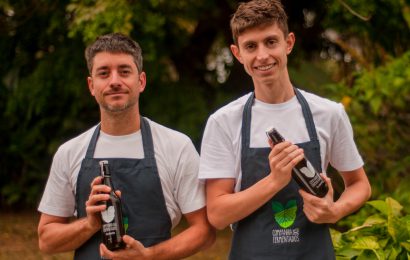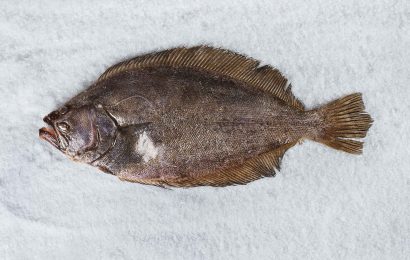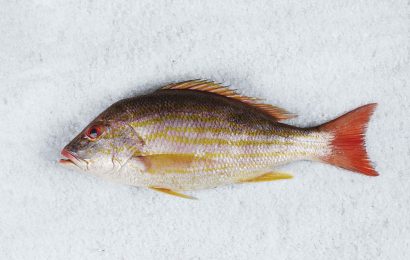Important name of quilombola communities in Brazil, Mãe Neide is almost a living heritage of Afrobrazilian culture. Acting mostly in Alagoas state, she is one of the most important people when it comes to traditional African religions. She was born in Arapiraca, quilombola territory, and was given the name Maria Neide Martins. She came from a big family and is one of the 114 grandkids of Cecília (who has 121 kids and 68 great grandkids), a cook from the quilombo. “By that time there was no such thing as a chef”, she said to Guga Rocha, ambassador of the Instituto, in one of the live episodes of Origens da Culinária no Brasil, that was published in our Instagram profile (@institutobrasilagosto).
When she got the call to sacred cooking, before turning 15, she became Mãe Neide Oyá D’Oxum. And has embraced this job since then. Now, at 60, she added a post graduation in Brazilian cuisine to her ancestral learning process. “I am proud to be a Brazilian woman, a black woman and a cook. I am also a mother, resistance and Zumbi’s daughter”, celebrates the cook, who is ambassador of Alagoas cuisine and was named living heritage of the state. She is also the founder of NGO Inaê – Centro de Formação e Inclusão Social and of GUESB Grupo União Espírita Santa Bárbara and received the award Dólmã in 2017, which gave national relevance to her work.
“The quilombola kitchen is where everything was born. In freedom not at the slave houses. The food created there is not only for the body, it is for the soul and for resistance. It is the Brazilian people’s womb”, she said. Mãe Neide says that in the quilombo, the ones who lived there had the usufruct of the land and that feasts for black kings happened there. “We are wealthy. Quilombo dos Palmares was once the third biggest city in the country! We have never been slaves, we are the kids from kings and queens that have been enslaved. We still dream with freedom – in all its senses”.



